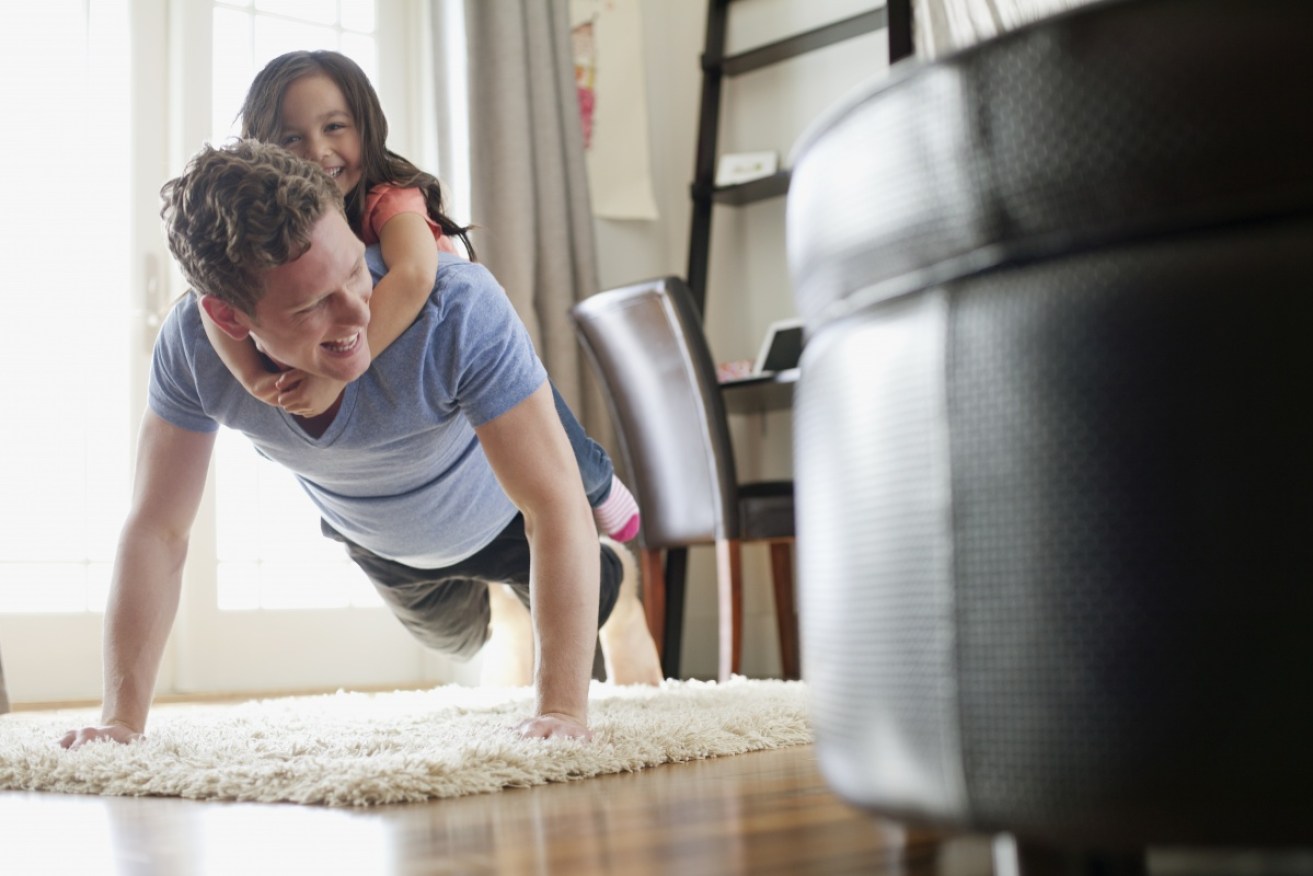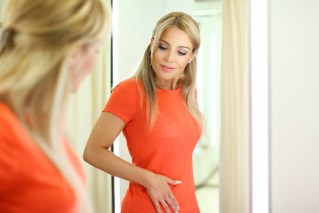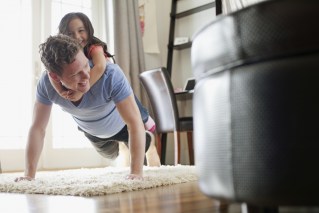The simple exercises that you should be doing to prolong your life


Strength exercises you can do at home can reduce your risk of premature death. Photo: Getty
Forget fancy gym workouts. Doing simple exercises like push-ups and sit-ups twice a week at home can reduce a person’s chances of an early death, new research has found.
A University of Sydney study of 80,000 people between 1994 and 2008 discovered strength-based exercises can lower risks of premature death by 23 per cent and cancer-related deaths by 31 per cent.
And according to lead author, Associate Professor Emmanuel Stamatakis of the Charles Perkins Centre and the School of Public Health, you don’t even have to leave the comfort of home to reap the benefits.
“We looked at two specific formulas of strength-promoting exercise. The first one was gym-based exercise, and the other was all bodyweight exercises,” Dr Stamatakis told The New Daily.
“Very interestingly, we found that the bodyweight exercises such as sit-ups, push-ups and crunches have as much benefit as gym-based exercises, including machines and free weights, and aerobic activity.
“It doesn’t have to be anything fancy either. It can be something as simple as the old-fashioned press-ups and sit-ups, which can be done at home.”
The study, published in the American Journal of Epidemiology on Wednesday, concluded that two one-hour sessions of strength-promoting exercise on average provided long-term benefits in terms of mortality.
However, Dr Stamatakis also found two 15- to 20-minute sessions at home were enough to generate benefits, and that doing more than the 15- or 20-minute sessions did not lead to additional benefits.

At least 15 minutes of strength-based training twice a week can reduce the risk of cancer and early death. Photo: Getty
He cited the American College of Sports Medicine for recommendations of exercise volume and intensity.
“Stick to two-to-four sets of eight-to-15 repetitions with a couple of minutes rest in between the sets for people who were previously inactive or not particularly fit or strong,” Dr Stamatakis said.
“[Although] for those people who have not exercised in general for 20-30 years and the people who are at imminent risk to develop diabetes, cancer, cardiovascular disease, push-ups and sit-ups may be difficult to do.
“People who have been previously inactive, perhaps they will need some assistance or some guidance by a professional, but over time they can improve their strength and work out on their own.”
Dr Stamatakis said following the conclusion of the study in 2008, the subjects were followed up for an average of nine years.
“At the end of the follow-up period, we calculated their risk of death according to their strength-promoting exercise and how much they did,” he wrote in The Conversation.
Strength training needs more promotion
In light of the study’s new research, Dr Stamatakis called for greater promotion of strength-based exercises, similar to the amount of promotion for aerobic activity.
The World Health Organisation (WHO), the world leader in international public health, only introduced strength-training recommendations in 2010.
“Most importantly strength-promoting exercise was associated with cancer mortality and all-cause mortality to the same degree as aerobic exercise,” Dr Stamatakis said.
“Aerobic exercise like walking and cycling are fantastic forms of exercise, but strength-based exercises are not promoted as much [as them].
“Despite the fact that there is official guidance put forward by the Australian Department of Health, WHO and health authorities all over the world [on strength training].”
The equivalent recommendation for aerobic exercise is 150 minutes of moderate physical activity a week.







